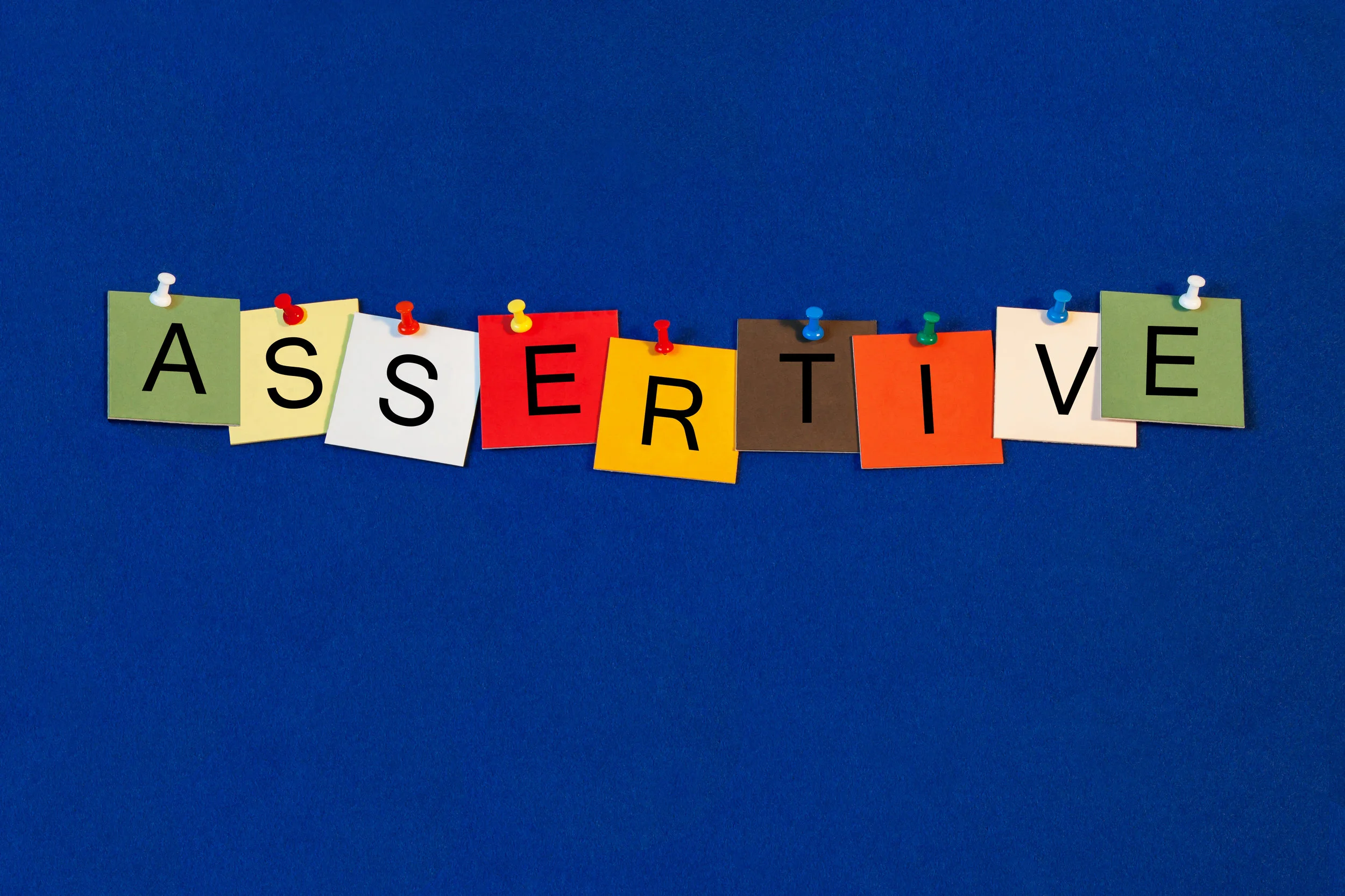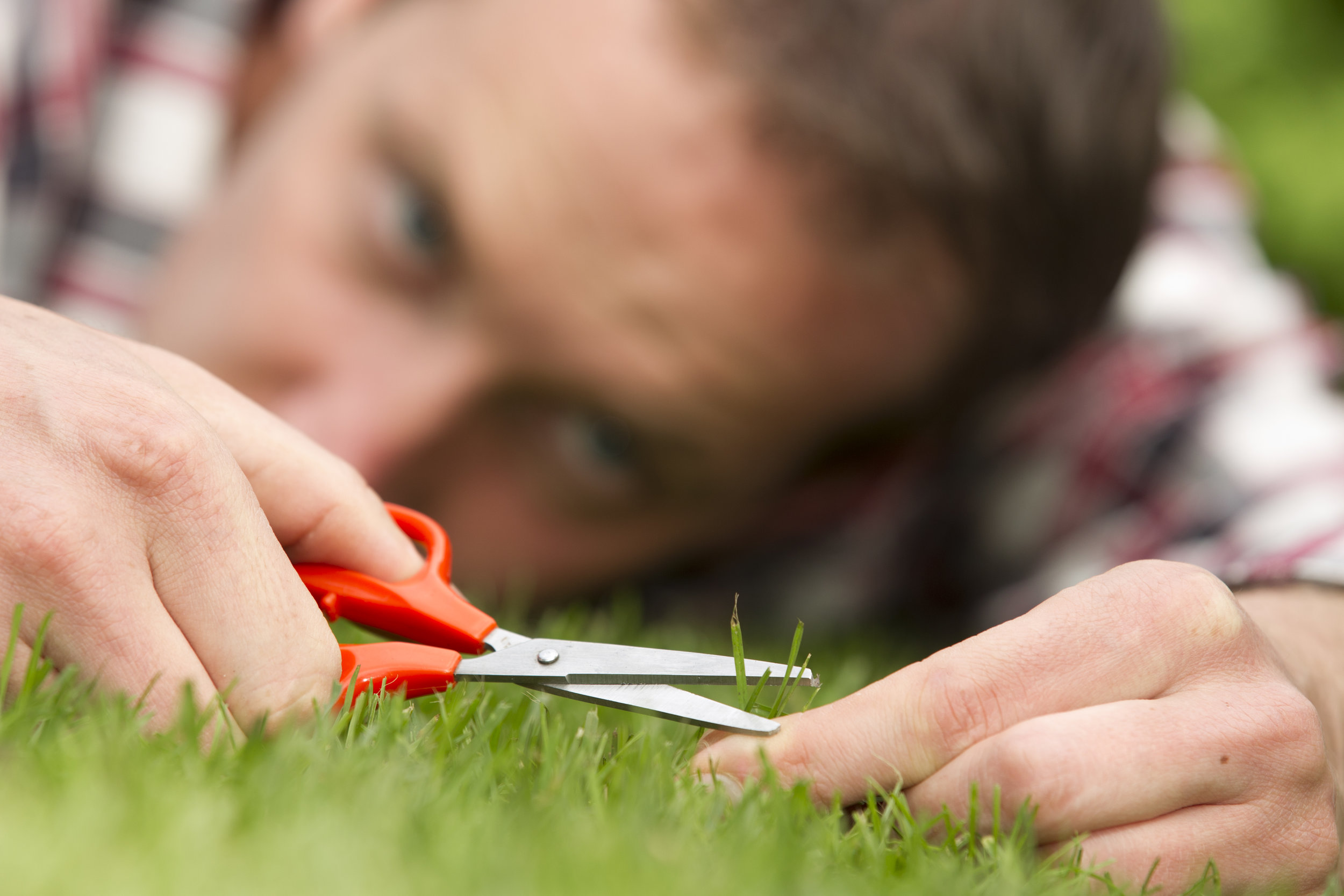From High School to College – How to Help Your Child Transition
After years spent cramming for tests, submitting applications, writing admissions essays, and shopping for dorm room gear, the day has finally arrived—your child is headed from high school to college.
As the flurry of pre-first semester activity finally begins to slow, you are likely feeling a host of different emotions. If you’re like most parents, you naturally want your child to succeed in their new chapter. Perhaps, however, you are unsure how to help them.
The transition from high school to college can be scary for students, and many parents simply don’t know where to draw the “involvement” line. Here are a few tips on how to help your child make this big transition successfully.
Read More
Suspecting That Your Child Has ADHD? – Look Out for These Signs
Attention deficit hyperactivity disorder (ADHD) can have a huge impact on your child’s life. It can affect everything from how they interact with others to how well they do in school.
This neurodevelopmental disorder is often hard to spot right away because signs and symptoms can vary. It’s also often easy to misdiagnose. This is because many parents don’t know what to look for.
ADHD typically shows up in younger children. It’s often officially diagnosed by the time kids have reached their teenage years.
While ADHD needs to be professionally diagnosed by a doctor, there are some symptoms you can look for if you suspect your child might have the disorder.
Read More
How to Explain Anxiety to a Child
As you may know, most children learn best in a way that involves more than words—riding a bike, jumping rope, catching a ball, etc.
In other words, children can capture and store valuable information best when adults show them, allowing them to experience the “lesson.”
But, what about when it comes to something as significant as anxiety? After all, this is a condition that may impact a child’s entire life. It’s more important to understand than just learning to jump over a rope or pedal a bicycle.
Yet, adults often overlook, or fail to deliver, an effective message about anxiety. As a result, children (and parents) miss triggers, adding to the issue.
A better solution? Show them by teaching them what it looks and feels like as well as what to do about it. And you can do this by using everyday situations in real life.
Here’s how to explain anxiety to a child in a way that will benefit them.
Read More
The Difference Being Assertive Can Make in Reaching Your Goals
People often associate being assertive with something negative.
Or they’re worried being more assertive might make them appear too aggressive.
It’s true that there’s a fine line between being assertive and being too straightforward. But you also don’t want to be meek and timid.
There are many benefits to being more assertive. In fact, it can make a big difference when it comes to reaching your goals in life. Whether you’re looking for that big promotion at work, or you want something different for your love life, being assertive can make all the difference.
Let’s take a look at some of the additional benefits, and how you can use assertiveness to your advantage.
Read More
When Emotional Trauma Shakes Your Sense of Self—How to Regain Your Balance
Millions of Americans are impacted by emotional trauma. The number worldwide is unknown—likely millions upon millions.
However, what we do know is that emotional trauma occurs in various ways and manifests in people’s lives differently.
Undergoing a traumatic experience causes behavioral, psychological, and physical symptoms such as post-traumatic stress disorder (PTSD). As you may know, PTSD is a common expression of emotional trauma.
Yet, this isn’t the only imbalance created by emotional trauma. Many people feel as though their very sense of self has been shaken to the core.
Here’s how to make sense of this inner-quaking and get your footing back, regaining balance in your life.
Read More
How to Reduce Childhood Anxiety by Teaching Mindfulness
Despite anxiety usually being pegged as an adult condition, children can experience it too.
In fact, a growing number of parents are able to acknowledge and address anxiety in their children by using mindfulness.
Mindfulness is a trendy topic nowadays. Yet, teaching mindfulness to your anxious child can profoundly impact them. The skills and self-awareness learned through this practice can positively influence their future as well.
It’s natural for your child to experience some level of anxiety in life such as before a recital or when the lights are turned out during a first overnight visit. Yet, the symptoms of childhood anxiety can easily start to negatively impact your child.
Here are a few keys about why and how to teach your child mindfulness.
Read More
At Your Wit’s End with Your Teen? – 5 Steps to Calm Communication
“I just can’t take it anymore. My teen is driving me nuts!”
Have you ever caught yourself either thinking or saying something like this?
Give yourself a break. After all, it’s not always easy communicating with your teen. A lot of obstacles can get in the way.
However, there are things that you can do to remove those obstacles so that you can both have calm communication.
Consider these ideas for how to better have these conversations with your teen.
Read More
How to Find Job Satisfaction Through Personal Development and Growth
“I hate my job!”
It’s a sentiment that’s more common than you realize.
Going to work can feel like such a chore.
You just don’t have any passion for it. It’s hard to not have a short fuse when everyone else is incompetent. Or the new system the boss is implementing isn’t going to work, and you know it.
If you are struggling with job satisfaction, perhaps it’s time to take a step back and work on your own personal development. You may be surprised how it can actually help you have a better experience at work.
Read More
Battling Depression? – 5 Morning Habits to Supercharge Your Day
Depression is a nasty condition that can infiltrate your entire life.
Not only that, feelings frequently accompanying depression can start as soon as you open your eyes. Haunting you until your head hits the pillow later that night, depression can rue the day.
The good news is that you do have influence over how your day plays out—whether you’re battling depression or not.
As you may know, your morning routine largely impacts the rest of your day, setting the tone. So here are five morning habits to start today. Embracing these changes can help you to ward off depression and supercharge your day.
Read More
Perfectionism and Anxiety: Learn How to Relax and Ease Your Worries!
It’s easy to joke around about perfectionism or having high standards. But, for some people, the desire to be a “perfect” person can lead to anxiety, panic, and depression.
Perfectionism is a type of personality trait that can really be damaging when it gets out of control. Not only do you feel the need to be flawless in all you do, but it leads to an additional need for others to accept you.
In some cases, perfectionism isn’t a bad thing. People who have this trait are often very driven and motivated. They have a deep desire to succeed.
Unfortunately, there’s a downside to this character trait, too. When unchallenged, perfectionism and anxiety often go hand-in-hand.
Thankfully, you can learn to relax and still do your best while easing your worries.
Read More
Teenage Bipolar Disorder: 7 Ways to Help Your Teen Manage Life
Teenagers are known for being a little moody and unstable. After all, there’s a reason that few of us would want to go back and relive our teenage years.
But teens with bipolar disorder are dealing with challenges beyond those of their peers.
Most parents experience something like relief when they learn their teen has been diagnosed with bipolar disorder because it finally gives some validation to the struggles in their home. But the diagnosis is only a first step.
Helping your child manage the challenges of their teenage bipolar disorder can make life more peaceful for all of you.
Read More
Sports as a Teaching Aid: 3 Valuable Life Lessons Your Child Can Learn
There are so many articles written about what sports can teach kids.
Of course, they generally talk about the typical catchalls, such as teamwork and cooperation. While those go hand-in-hand with children and sports, they have almost become tired and worn.
In fact, they are probably the first things that you think of when considering enrolling your child in a sports program at school or in your community.
Yet, are those benefits the only real takeaways from athletic participation? Or are there any other lessons that your child can take away from participating in sports?
Consider three other valuable life lessons.
Read More
4 Keys for Creating New Rituals of Connection for Blended Families
The blended family is the “new” family structure. Yet, making a blended family blend is easier said than done.
In short, blending families is not exactly as The Brady Bunch portrayed. Rather, creating new traditions and rituals of connection may end up looking more like a football pileup than a happily blended family.
What you can expect are good intentions mixed with some trial and error. Unfortunately, no manual exists for such a situation. (I’m sure the Brady parents are working on that.)
However, motivated by a loving heart, you can most certainly write your own book on how to create new rituals of connection.
Here are a few keys to start you off.
Read More
Dealing with the Holidays After the Death of a Loved One – 3 Practical Steps
After the death of a loved one, traditions and family rituals can feel a lot like climbing a mountain. It can be so tough.
Especially if those events occur around the holidays.
Sadly, grief and loss don’t take a reprieve. Illness, accidents, and even death happen no matter what season it is. But those of us left with missing someone have to find a way to carry on, impossible as it may seem.
If you’re like many facing the holidays after the death of a loved one, you may have felt dread creep up as soon as the leaves started to fall.
It’s natural not to want to face special moments without your loved one. Yet, it doesn’t have to strip you of all your joy. After all, their memory lives on in you.
Here are three practical tips to help you deal with the holidays after the death of a loved one.
Read More
Divorced Parents: 7 Tips to Make the Holidays Smoother for Your Children
From the outside, it may seem like a bonus for children of divorced parents to have two of every holiday.
Yet, it can be a stressful time for each parent. Naturally, children sense this type of stress and tension, creating a less-than-ideal holiday for them as well.
Let’s face it, both divorce and co-parenting are hard. Furthermore, sharing children can get complicated whether you’re on good terms with your ex-partner or not. Especially around the holidays!
And it doesn’t matter if this is your first co-parenting holiday or your 15th, the holidays can still be difficult to navigate.
Here are a few tips to make the holidays a bit smoother for your children. Oh, and you as well!
Read More
Trouble Eating Healthy During the Holidays? – How to Make Good Food Choices
Eating healthy during the holidays is a concern on most of our minds this time of year.
As the weather turns chilly and the leaves start to fall, many of us shift into a sort of hibernation mode.
Unlike a drowsy grizzly bear—whom nature has actually granted with a hefty winter sleep—you likely still have to go to work, care for the family, and attend holiday get-togethers.
At these aforementioned holiday events is when the eating problems commonly arise. After all, with such an array of deliciousness, how can you not taste it all?
Here are a few seasonal tips to eating healthy during the holidays.
Read More
The Holidays Are Coming! – 5 Tips to Keep Levels of Anxiety Low
For many people, the holiday season can bring a mix of emotions.
In fact, feeling depressed or anxious is not uncommon in the least bit. It can get tricky to keep levels of anxiety low in the midst of the seasonal hustle and bustle.
Experiencing your own unique hodgepodge of emotions may have caught you off-guard. Or perhaps you’ve been dreading the holiday stress since May.
No matter what your situation, consider these practical tips to keep levels of anxiety low.
Read More
Bullying Prevention at Home: How to Raise a Child, Not a Bully
Bullying has a stigma attached to it.
And bullying prevention often carries the same negative reputation.
After all, what parent wants their child to bully other children? Likely, no one reading this post.
Yet, it’s so easy for parents to look the other way when behavioral signs point in the direction of bullying conduct from their own child.
Furthermore, children prone to bullying at school often exhibit well-mannered and good behavior at home. This can make bullying prevention a bit more tricky.
So, how do you raise a child rather than a bully?
Consider these practical parenting tips.
Read More
Why Respectful Communication and Clear Boundaries Are Important for Effective Parenting
If you’re like most parents, you’ve learned in real time that this parenting gig is no easy job.
Basically, it’s tough. And that’s putting it gently.
On top of raising one or a brood of positive contributors to society, there’s the matter of maintaining your own dreams and goals. Then, of course, you also have to comply with many unspoken societal standards and sort through the mounds of so-called parenting instructional manuals.
Oh… and have I mentioned that it’s a tough job?
So, how do you manage it?
Is effective parenting even doable? Or is it an impossible feat where survival is the only option?
Take heart in knowing that effective parenting is possible. You can raise a great kid or an entire brood of them.
But for your parenting endeavor to be ultra successful, you’ll need a hefty mixture of respectful communication and clear boundaries.
Here’s why.
Read More
Cohabitation Issues: When Convenience Is Confused with Love
Although living together pre-marriage hasn’t always been trendy or even accepted, it’s old news nowadays.
Many people consider cohabiting as the level of commitment right before marriage. Others tend to view it as a substitute for marriage.
Also, there is the unforgettable but often overlooked gray zone of romance. This is the zone where cohabitation issues arise and living together takes on a new meaning.
When it comes to sharing a living space, it’s unsurprising that partners often confuse convenience with love. After all, cohabiting offers a sense of security that few people want to leave behind.
But what does this do to the idea of love? And how does this gray zone promote cohabitation issues?
Here’s the scoop on this common mix-up.
Read More





















